
Iron Deficiency Symptoms You're Probably Missing and How to Correct Them
Iron deficiency is one of the most common nutritional deficiencies worldwide. Despite its prevalence, many people remain unaware of the subtle symptoms that indicate their iron levels might be low. Iron is a crucial mineral necessary for producing hemoglobin, a protein in red blood cells that carries oxygen throughout the body. When iron levels drop, the body struggles to transport oxygen efficiently, leading to a variety of health issues. Recognizing the symptoms early can prevent complications and improve overall well-being.
One of the most common symptoms of iron deficiency is persistent fatigue. Many individuals dismiss tiredness as a result of a busy lifestyle or lack of sleep. However, iron deficiency limits oxygen delivery to muscles and tissues, causing them to tire easily even after minimal activity. This fatigue is often accompanied by weakness and reduced exercise tolerance.
Another symptom that people often overlook is pale skin. Hemoglobin gives blood its red color, and a lack of it can cause paleness, especially in the face, inner eyelids, and nail beds. This subtle change in skin tone can be a clear visual clue to iron deficiency.
Shortness of breath is also a frequent complaint among those with low iron levels. Because the blood cannot carry enough oxygen, the body compensates by increasing the breathing rate to meet oxygen demands. This symptom is often more noticeable during physical exertion but can also occur at rest in severe cases.
Iron deficiency can also affect cognitive function. Many individuals experience difficulty concentrating, poor memory, and decreased mental performance. These cognitive symptoms occur because the brain receives less oxygen, impairing its ability to function optimally.
In addition to these symptoms, some people develop headaches and dizziness. These occur as a result of reduced oxygen supply to the brain. Lightheadedness, especially when standing up quickly, can also be a sign of iron deficiency.
A lesser-known symptom is restless legs syndrome (RLS), characterized by an uncontrollable urge to move the legs, often accompanied by uncomfortable sensations. Research suggests a link between iron deficiency and RLS, making it important to consider iron levels if these symptoms arise.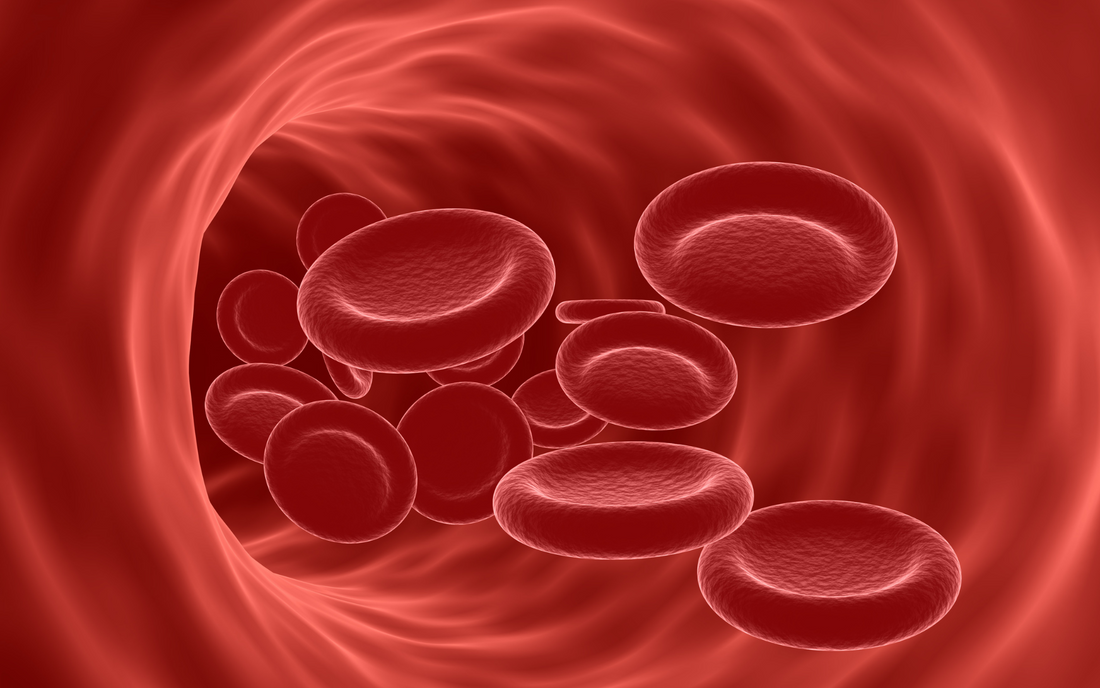
Cravings for non-food items, such as ice, dirt, or starch—a condition known as pica—can also indicate iron deficiency. This unusual symptom is not widely recognized but is an important clue for medical professionals.
Nail abnormalities, including brittle or spoon-shaped nails, can also signify iron deficiency. These changes occur due to insufficient oxygen supply to the nail beds, affecting their strength and shape.
If you suspect you have iron deficiency, it is important to consult a healthcare professional for proper diagnosis through blood tests. Once confirmed, there are several ways to correct iron deficiency.
Dietary changes are the first step in increasing iron intake. Foods rich in heme iron, such as red meat, poultry, and fish, are more easily absorbed by the body. Non-heme iron sources include beans, lentils, tofu, spinach, and fortified cereals. Consuming vitamin C-rich foods alongside these can enhance iron absorption.
In some cases, iron supplements may be necessary, especially for those with significant deficiency or increased needs, such as pregnant women or individuals with chronic blood loss. Supplements should be taken under medical supervision to avoid side effects and ensure effectiveness.
It's also important to address any underlying causes of iron deficiency, such as gastrointestinal bleeding, heavy menstruation, or absorption disorders. Treating these issues is crucial for long-term management.
In conclusion, iron deficiency often presents with subtle symptoms that can be easily overlooked. Persistent fatigue, pale skin, shortness of breath, cognitive difficulties, and restless legs syndrome are among the signs that may indicate low iron levels. Early recognition and proper treatment, including dietary adjustments and supplementation, can restore iron levels and improve quality of life. If you experience any of these symptoms, seek medical advice to ensure timely diagnosis and effective management.
News in the same category


Why Almonds Are So Good for You: Health Benefits Backed by Science
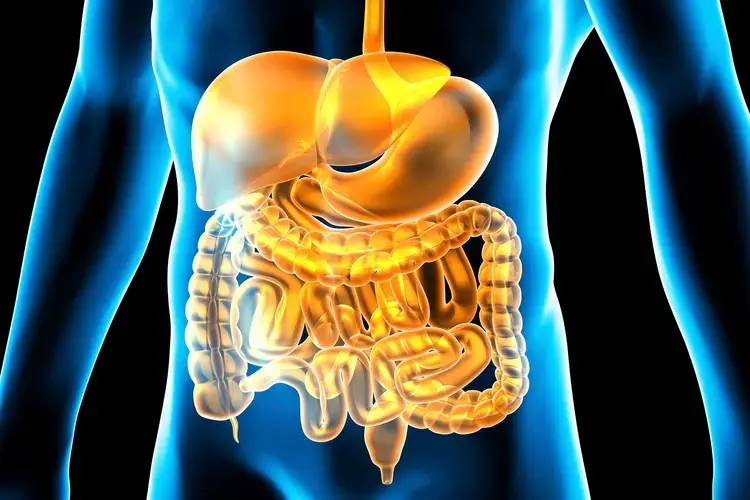
Use This Simple Method to Kill the Bacteria Causing Heartburn and Bloating Before It’s Too Late

Russian Doctor Claims You Can Recover Your Immune System in Just 30 Seconds
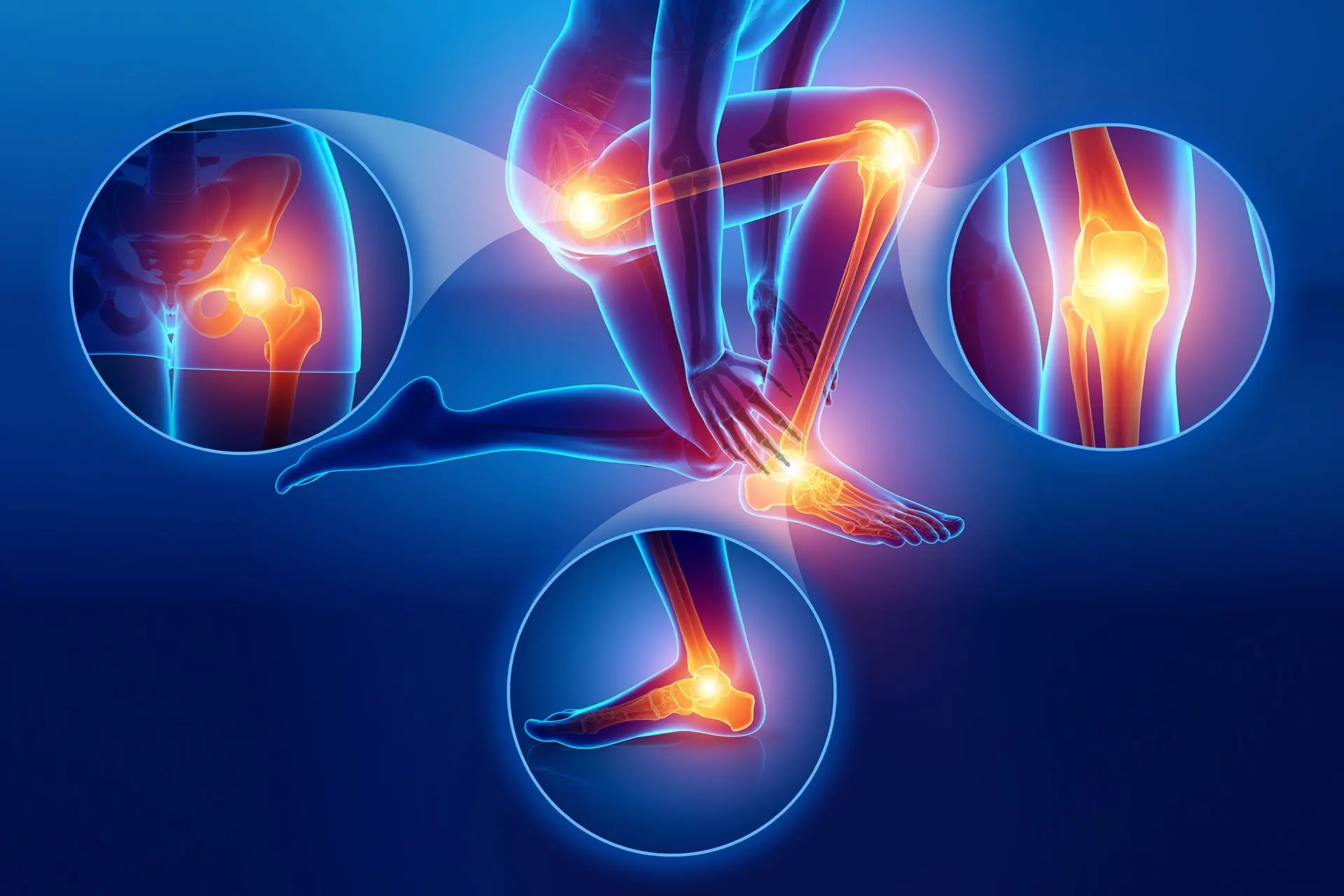
Doctors Warning: 7 Types of Pain You Should Never Ignore!

Here’s Why You Should Massage Your Feet Every Night Before Bed

Young Mother Shocked After Doctors Reveal Her ‘Heart Attack’ Was Actually Oil in Her Lungs from Vaping
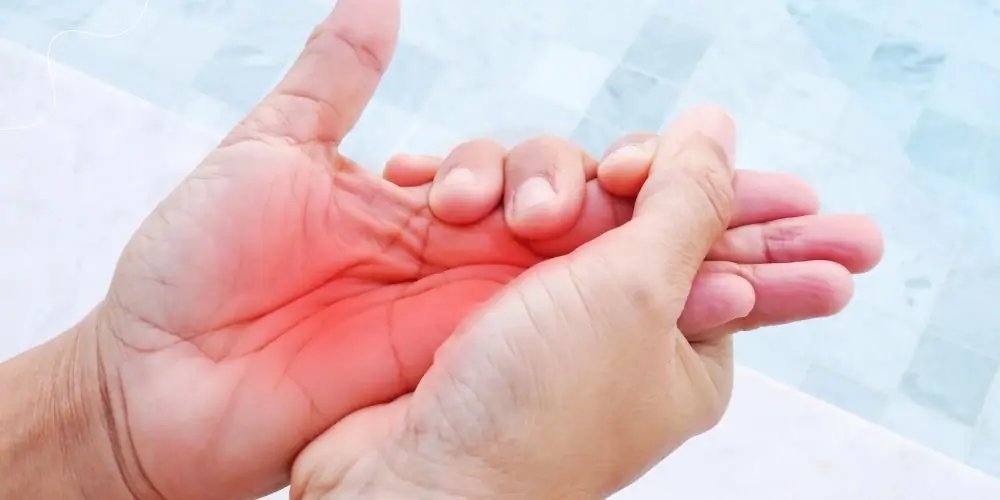
Do You Wake Up With Numb or Tingling Hands? Here’s What Your Body Is Trying to Tell You

Passenger’s Severe In-Flight Diarrhea Forces Entire Flight to Be Canceled
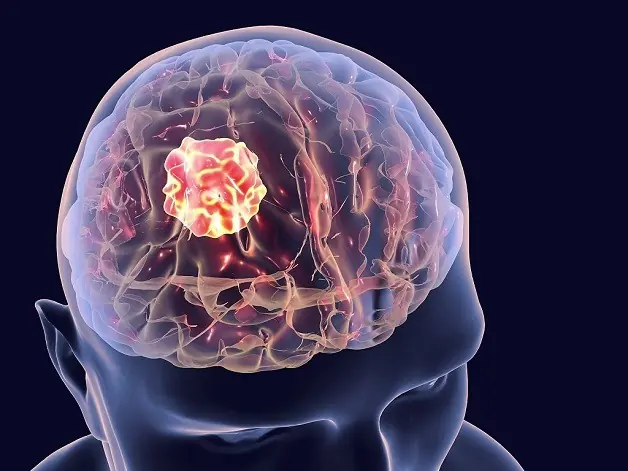
Proven Brain Foods to Boost Brain Power, Focus and Memory

Think You’re Fine? These 10 Hidden Signs of Gluten Intolerance Will Surprise You

The Psychological Meaning of Leaving Dirty Dishes

The Vitamin The Body Lacks When Legs And Bones Are Painful

Advanced HCC: Which First-line Treatment Is Best?
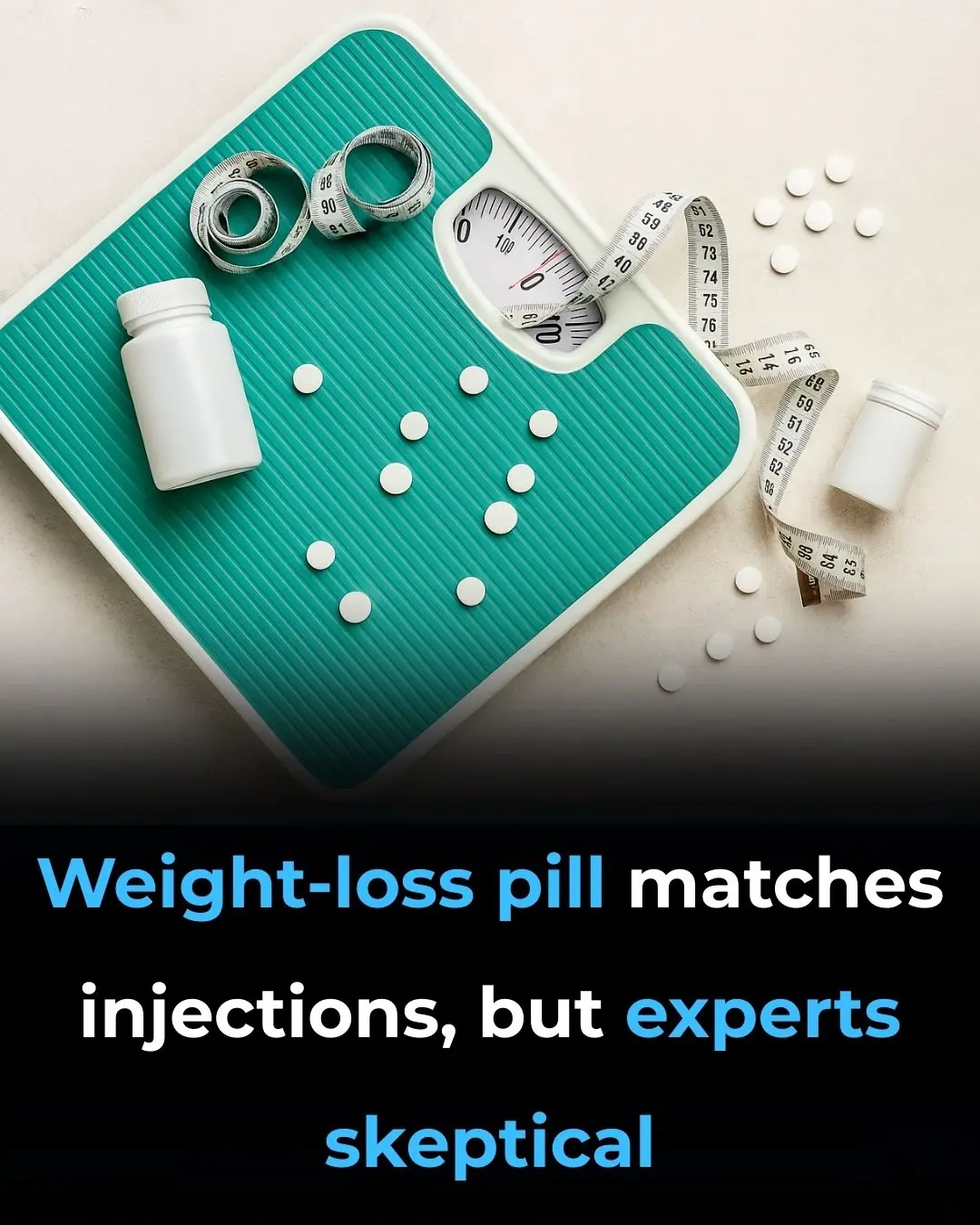
Weight-Loss Pill Matches Injections, but Experts Skeptical
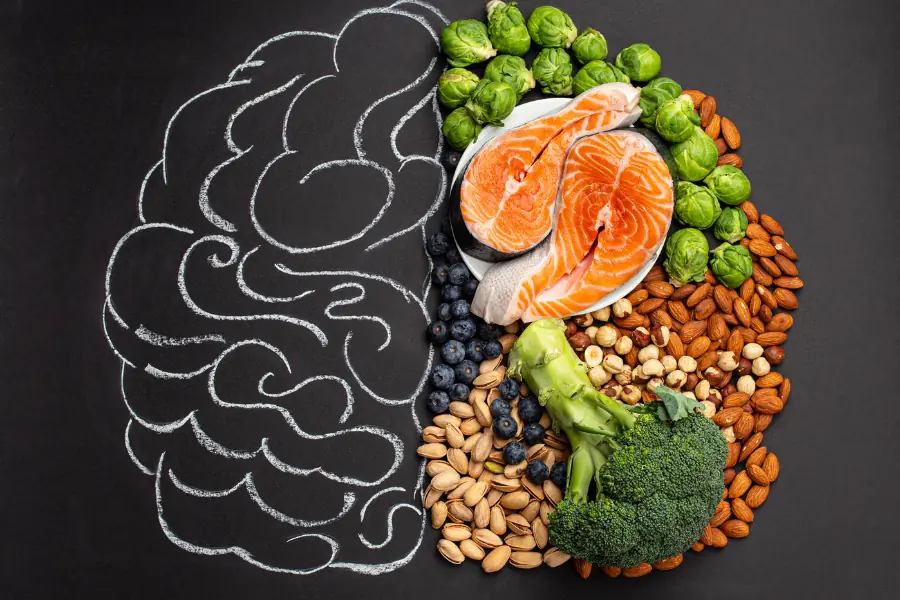
Proven Brain Foods to Boost Brain Power, Focus, and Memory

10 Symptoms of Non-Celiac Gluten Sensitivity (NCGS) You Didn’t Know About (Evidence-Based)

The shocking truth about blocked arteries—it’s NOT just fatty foods!
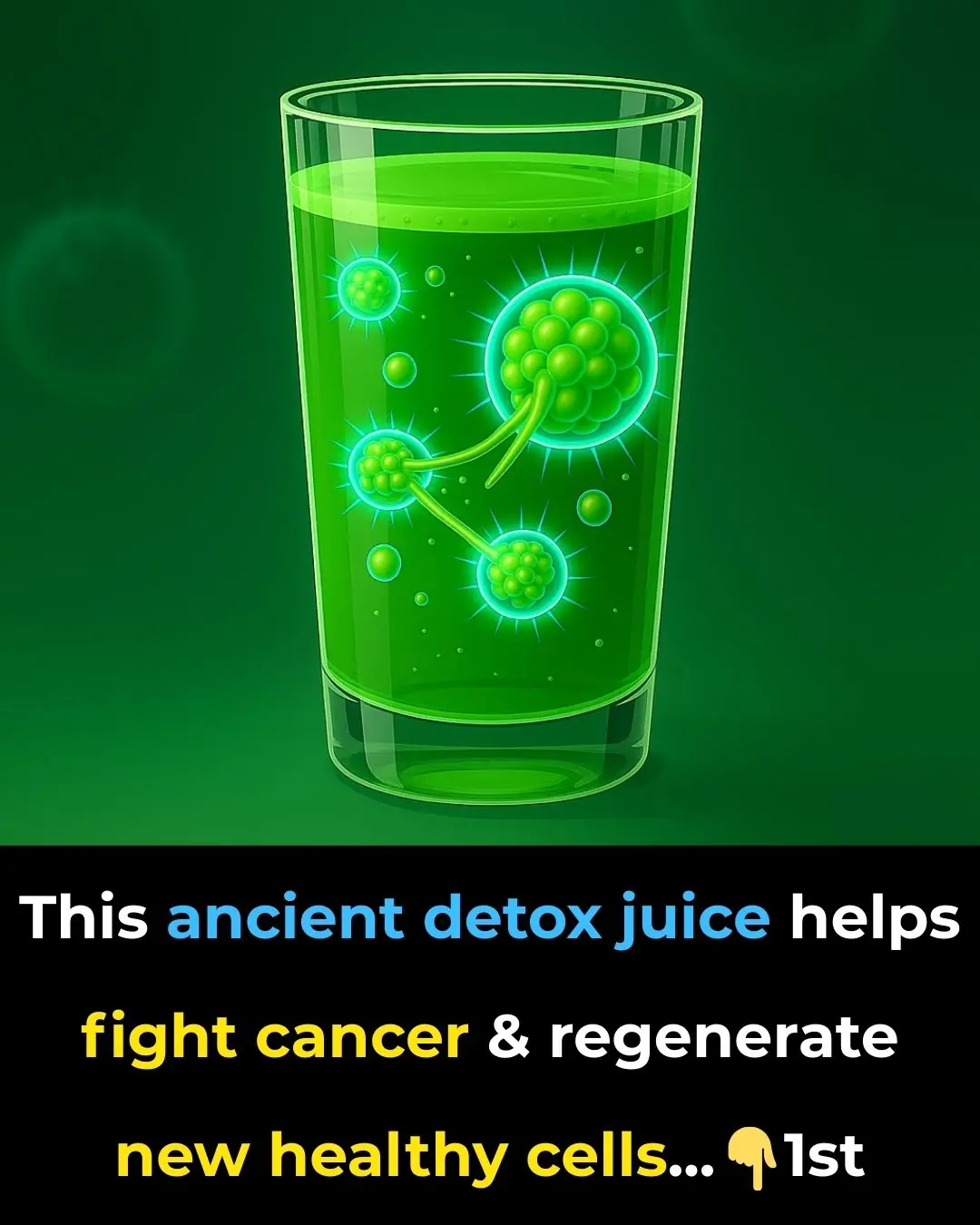
This Ancient Detox Juice Fights Cancer And Helps Regenerate New Healthy Cells
News Post

Citizens fear Alaskan capital could be swallowed under water following major glacier outburst

The Science-Backed Benefits of Elderberry (Plus an Easy Syrup Recipe)

Scientists issue warning of 'The Big One' predicted to be one of the most extreme earthquakes in history

Why Almonds Are So Good for You: Health Benefits Backed by Science

Use This Simple Method to Kill the Bacteria Causing Heartburn and Bloating Before It’s Too Late

Russian Doctor Claims You Can Recover Your Immune System in Just 30 Seconds

Doctors Warning: 7 Types of Pain You Should Never Ignore!

Here’s Why You Should Massage Your Feet Every Night Before Bed

Young Mother Shocked After Doctors Reveal Her ‘Heart Attack’ Was Actually Oil in Her Lungs from Vaping

Do You Wake Up With Numb or Tingling Hands? Here’s What Your Body Is Trying to Tell You

Passenger’s Severe In-Flight Diarrhea Forces Entire Flight to Be Canceled

Proven Brain Foods to Boost Brain Power, Focus and Memory

Think You’re Fine? These 10 Hidden Signs of Gluten Intolerance Will Surprise You

The Psychological Meaning of Leaving Dirty Dishes

The Vitamin The Body Lacks When Legs And Bones Are Painful

Advanced HCC: Which First-line Treatment Is Best?

Weight-Loss Pill Matches Injections, but Experts Skeptical

Proven Brain Foods to Boost Brain Power, Focus, and Memory
